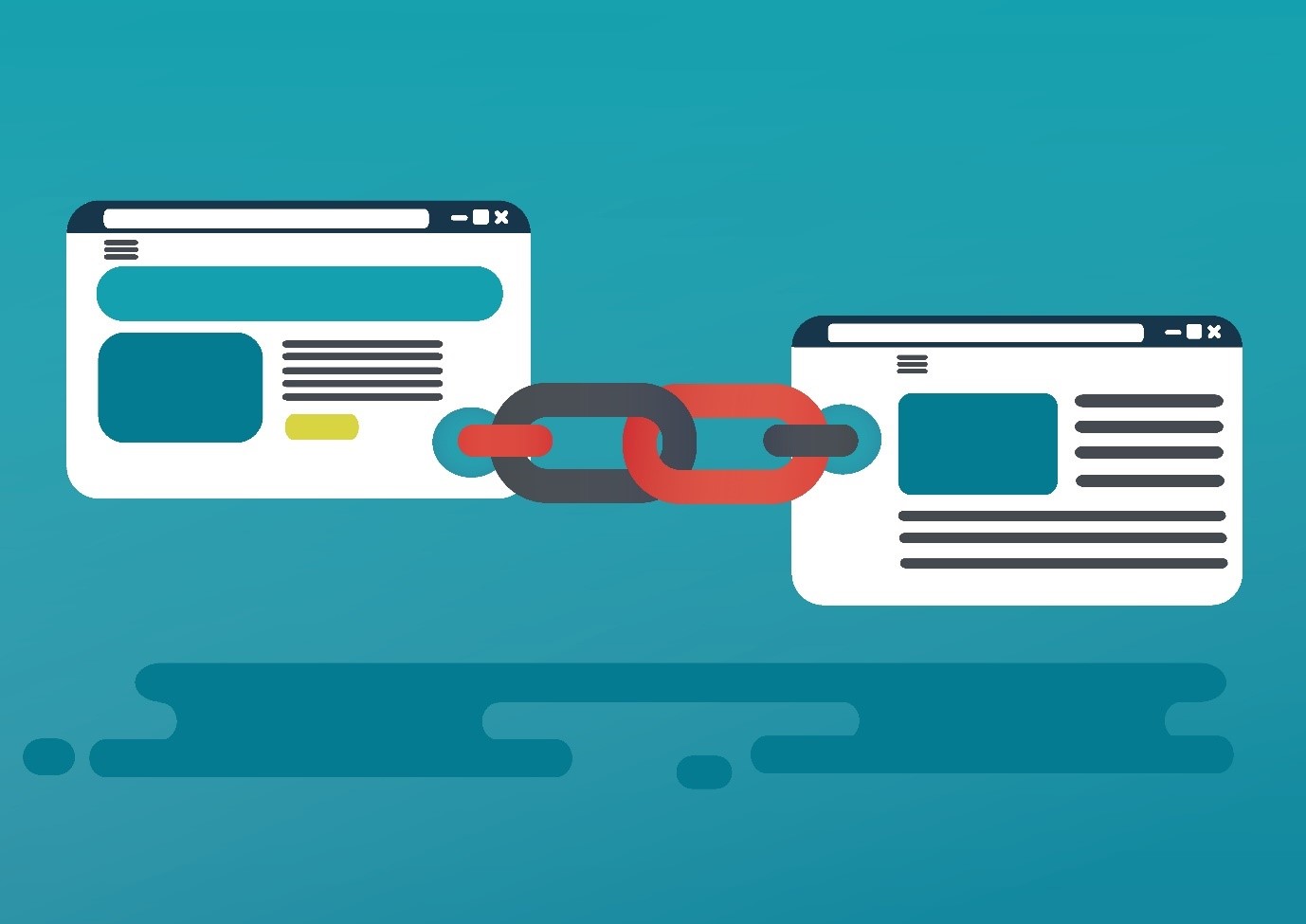
While comparing Content vs Backlinks what’s better for SEO? many articles on one domain or just a few on different parts? The standard view is that it’s better to have all your site content in one place. Some webmasters even block Google from crawling their blogs because they don’t want Google to see the blog separate from their main website.
However, this doesn’t mean submitting sites with multiple URLs is a bad idea at all! On the contrary, it can be an effective way to boost your rankings in SERPs.
We know – a link in a guest post pointing back to your site will boost its ranking in search results. But the real question here is which brings more traffic? Is it the content itself or the links used in it? Let’s find out in this article.
Content vs. Backlinks - Which is effective to Bring Traffic?
For starters, let’s take a closer look at the ways you can get links. Assuming your primary goal is traffic rather than search ranking, you should focus on getting backlinks from reputable and (most importantly) relevant sites. This approach will improve both your website authority and its reputation with Google:
Guest posts: Backlinks in guest posts are among the most efficient strategies for increasing page rank and bringing more traffic to your site.
Marketing pages: It might not be as effective as guest blogging (since such content often gets high bounce rates), but referring back to your site via marketing pages brings excellent results.
SEO-friendly blog roll: This cross-platform strategy has been used by countless webmasters, and it can be very efficient when done right.
Directory submissions: Many people refer to this technique as spammy, but don’t forget that there are still some directories out there that allow quality submissions.
Sharing content on social media: Includes all social media activities designed to bring traffic back to your website. It’s essential to use only relevant content with links to drive qualified traffic to become loyal readers of your blog or the site you promote via guest posts.
Read in-depth analysis on both how content and backlinks help your website to rank high in search engine.
What is content?
Content is anything that can be read or listened to on the Internet. There are many different types of content, including articles, blog posts, videos, podcasts, infographics, e-books, photos, etc.
Why Content Is Important to bring traffic?
Remember that there are two main goals behind promoting your website utilizing guest blogging or posting links on blogs/forums: attracting traffic and earning backlinks. To achieve both goals successfully, you should always keep in mind what exactly makes content valuable for your target audience. It may include any combination of the following factors:
Quality. Your content must be unique and well written. If it’s not up to standard, people will skip reading it – resulting in no one sharing your content or linking back to your site.
Timeliness. This is when well-timed content comes in handy. If you can offer readers something they are currently looking for, there’s a good chance that they will pay attention to the links pointing towards your website (i.e., if it’s relevant).
Thoroughness. When creating an article/post, ensure it contains everything your target audience needs to know about the topic in question – whether it be online marketing tips, SEO best practices, product reviews, etc. Make them interested in whatever you have to offer – and they will surely come back for more!
Visual elements. People love images and infographics because of their simplicity and ease of understanding complex information displayed this way. Use pictures in your content to help readers engage with your website and get the most out of it when acquiring knowledge.
What is a backlink?

A backlink, also known as an inbound link, is a hyperlink that points to your website from another site. As such, it’s also one of the most important ranking factors for SEO (search engine optimization). Search engines like Google and Bing use backlinks to determine how popular and relevant you are online. If you have many high-quality websites linking to yours (i.e., reputable news sites), this means your website must also be trustworthy and helpful. Thus, search engines consider it authoritative and deserving of a higher page rank.
The simplest way to get more backlinks is by blogging on your own website – which can then be used as legitimate reference material. You can even post links to your other posts to get more backlinks. Try using this for different types of posts, such as how-to articles, case studies, industry trends, etc.
Over time, these high-quality links will reflect on your website and make it seem more authoritative and deserving of higher page ranks. This may not happen overnight but it’s definitely essential to any SEO campaign.
What is link building?
Looking at the methods mentioned above of earning backlinks, you probably noticed that they fall into two major categories:
Content marketing: This is a reliable and time-proven strategy for link building, which also yields benefits in many other areas. It’s all about creating relevant content with links pointing to your website from within the text – i.e., without using aggressive linking techniques such as doorway pages or blog comments.
SEO link building: It perfectly complements content marketing by delivering more one-way traffic from high authority sites (i.e., it’s not always about link quantity). However, don’t forget that this approach often requires effort and time to promote each post/page on your website.
Why Backlinks are important for website traffic?

For those online marketers who are new to link building, here’s a quick reminder as to why it’s so important:
Links can influence your website’s position in search results. With suitable backlinks from high-quality sites, you will beat competitors outranking you for specific keywords. Links help measure site health and popularity by telling search engines how well a particular page is linked throughout the web.
Many incoming links indicate that a website is trusted and its content is valuable, which boosts rankings for both types of websites (i.e., those with original content vs. guest bloggers).
Link profile audits tell whether or not your current SEO strategy works. Of course, you may still think that there’s no need to analyze each link pointing towards your site – but you’re dead mistaken. Instead, an audit will help determine how well your strategy has been implemented and what steps should be taken next to boost it even further.
Does link quality matter?

There are two theories about what’s important when trying to measure the impact of inbound links:
The trust flow theory: The idea here is that link quality is what matters most. After all, if someone has linked to your site, it’s because they think you’re an authority on your subject. Google takes this into account when determining how much weight should be given to each link.
The citation flow theory: This perspective holds that link quantity is more important than link quality. According to this view, backlinks are simply a way for other sites to “vote” for yours and tell Google how popular and relevant it is. In both cases, the type of links pointing to your website doesn’t matter as much as whether or not there are actually any at all.
Does frequency of linking matter?
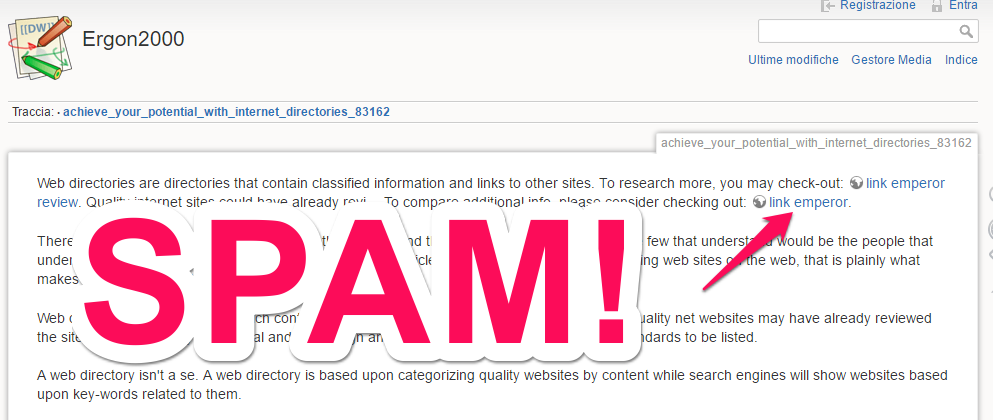
Not only do most experts seem to agree that no matter how many or what kind of incoming links a site has, but it’s also the frequency with which they’re updated that really holds value. And keep in mind that when we say “frequency,” we’re referring to both the timing and how often you update your backlink sources/anchor text. In other words, it doesn’t necessarily help to build one link today and another tomorrow if those two links are pointing to the same page.
If someone can tell from your anchor text/backlinks profile that every page on your site is getting only one mention over and over again, Google may consider this spammy activity or question whether these really are quality links or just a bunch of self-promotion. When building backlinks to your site, the overall number that matters is the number of backlinks over time.
Does anchor text make a difference?
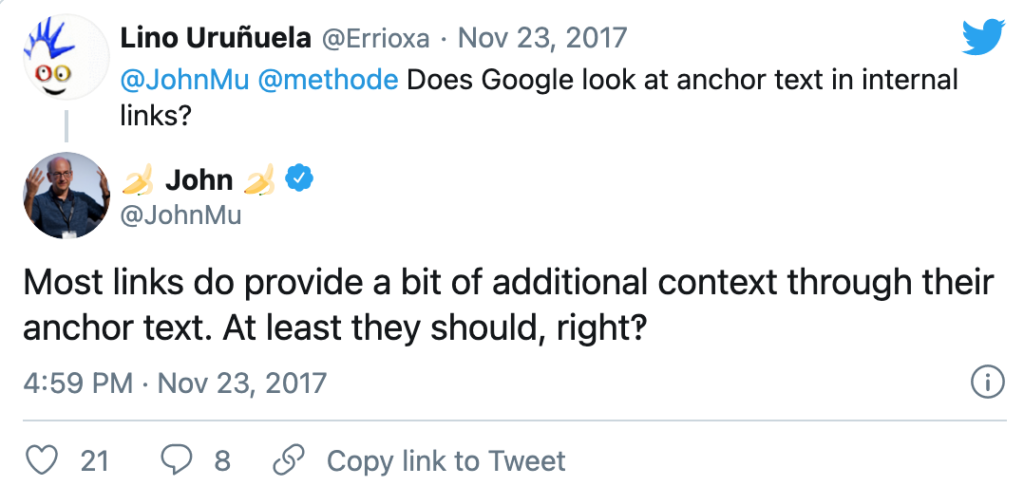
The rules indicate that it’s okay to use keyword-rich anchor text (e.g., “buy cheap electronics online”) when linking from other sites to your website; however, using link-domain names (“leadsolutionsonline.com”) and naked URLs (“http://www.yoursite.com”) should be avoided in most cases because Google may interpret such links as spammy or manipulative.
It’s best practice to keep things simple and avoid cloaking unless you’re willing to take the risk of being penalized by Google down the road. While exact numbers aren’t really known, what we do know is that having over-optimized anchor text can have a negative impact on your link-building efforts.
Does the location of backlink matter?
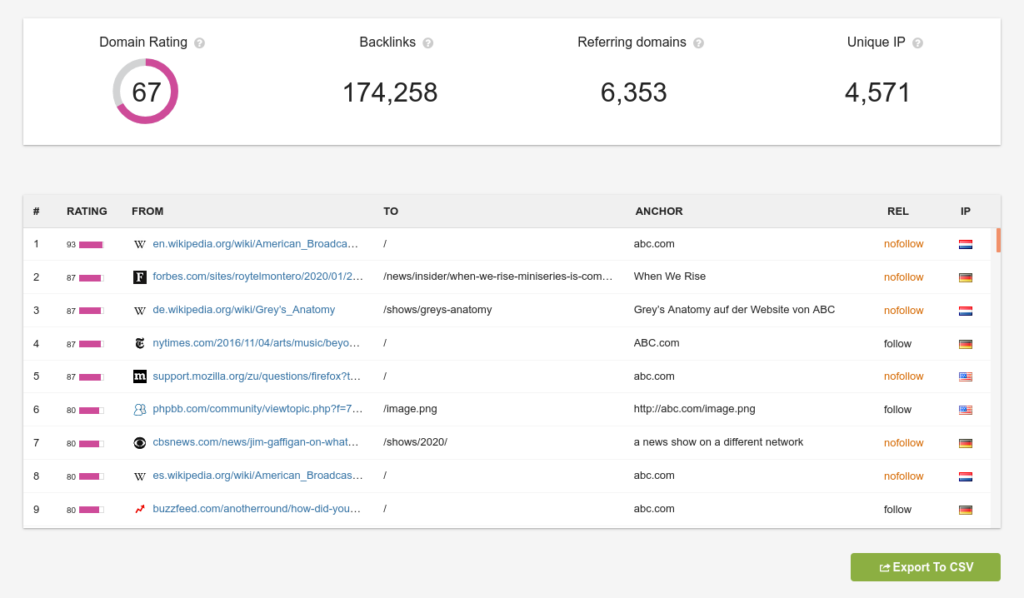
Once again, there are two theories about what type of sites make for the best-linking partners:
The authority theory: You want to get backlinks from highly trusted or “authority” websites because this gives Google an indication that your site is relevant, too. To find these kinds of sites, you can use search operators like “link:” and “in title:” in your favorite search engine.
The diversity theory: Because it may be possible that both quantity and quality matter when it comes to link building, you want to diversify the locations where your links appear. And if they’re going to come from high-authority sites, all the better.
Does it matter if a link is nofollow?

Nofollow links don’t pass on PageRank, so some SEO experts believe they’re not worth pursuing this reason alone.
However, there are two schools of thought here:
The dofollow theory: You see, Google’s guidelines say that “Google does not follow these [nofollow] links,” but they add that these types of links “may indicate that other pages on your site are low quality or irrelevant.” They may be right! If you do get a lot of nofollow backlinks pointing to a page on your website and you notice a drop in rankings for it over time, it might make sense to remove those links and see what happens.
Or it could be that the page really is irrelevant, so as much as you don’t want to think about it, this might be a good time to question how well you’re targeting your keywords and the overall relevancy of your site.
The quality theory: This perspective holds that nofollow links do pass value but only if they come from the right kind of sites or pages (e.g., top publishers or news outlets). If you notice an increase in rankings for certain keywords after adding nofollow backlinks pointing at a page on your site, make sure these are coming from high-authority sources. It’s better to go with these types of links rather than simply amassing tons of low-quality links and hoping for the best.
Does it matter how many links you have pointed to a page?
The number of backlinks is not as important as it used to be, but there are still some SEO experts who believe that getting more than 100 links from relevant sites can help rankings. Even if this is true, Google doesn’t like it when someone artificially or unnaturally tries to inflate their link numbers—and this could get your site penalized.
A better strategy might be to focus on getting high-quality links instead (e.g., those with strong anchor text and good URLs), which will do more for your rankings than lots of low-quality ones.
Advantages of link building in content marketing:
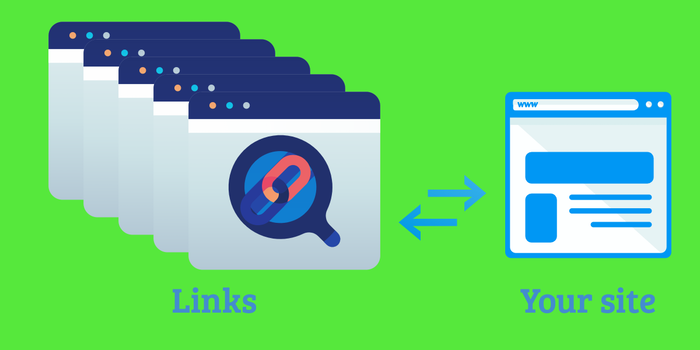
Content marketing is a long-term SEO strategy that focuses on creating and promoting valuable content. The following list will show you why it’s so important to integrate link building into this approach:
Thanks to the links pointing back to your site, it helps establish yourself as an expert in your niche, which boosts both rankings and brand authority. Since link building needs time, contributors of such content gradually earn their audience engaged readers who love your blog/website and want to see more posts.
Once they appreciate what you have to offer, they will start actively supporting your site by sharing its contents on social media, resulting in a snowball effect online.
Link building can be integrated into any content, including infographics, videos, slide presentations, etc.
It can help you identify your target audience and develop ideas for engaging content that will attract more qualified traffic than ever before.
Content or backlinking? Which is better in increasing traffic:

It depends on your strategy. While backlinking is crucial, it may take some time to yield results. On the other hand, content can be created immediately and is more likely to draw in an audience that wants to see what you have come up with this time.
If you want to get started quickly with content promotion utilizing posting links on third-party sites, use our service for finding high-quality backlinks in no time. It’s always better to have several quality backlinks pointing at your site than tons of low-quality ones that will jeopardize your online reputation
Author
Alina Yankovic
Alina Yankovic joined SEOCalling in 2019 as a Creative Content Writer. She is also responsible for handling & leading SEOCalling’s customer support, strategy and operations to ensure the company’s environment enables teams to flourish, individuals, to grow their careers and provides for everyone to contribute to the company's growth in a meaningful way. Alina has over 8 years of experience in Digital Marketers, Content Manager and driving transformation in tech around the world. (Contact: [email protected])





